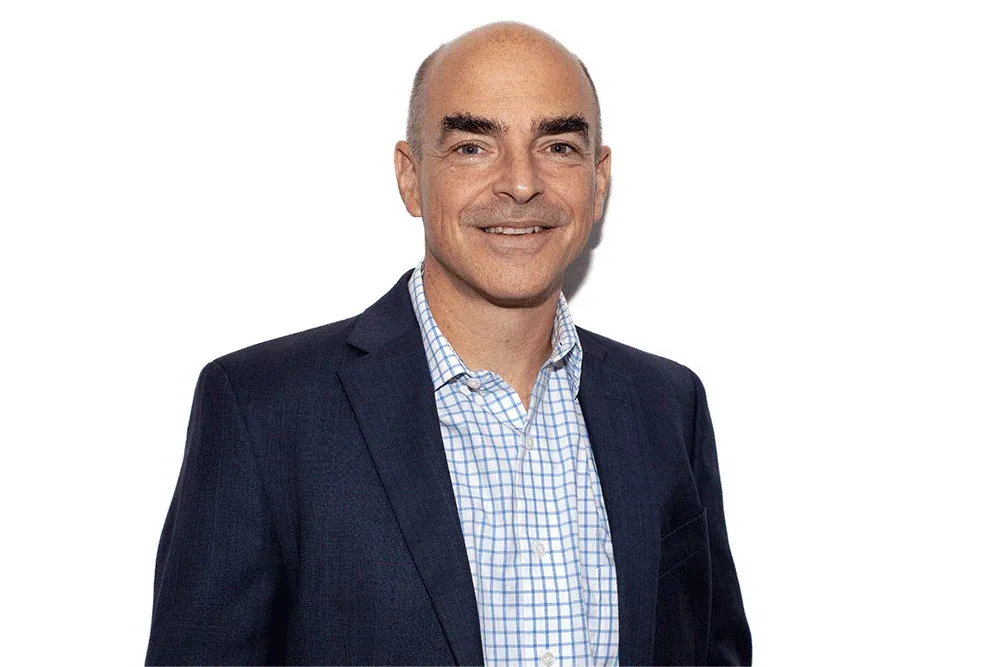Consent to Care: Is the Patient Truly Free? – Expert opinion
The white paper “Consentement aux soins, un idéal inaccessible ?” (Consent to care: an unattainable ideal?) published by the “Public Trust in Health” Chair at Grenoble Ecole de Management explores the patient’s true freedom when it comes to healthcare. Through insights from doctors, legal experts, and sociologists, it examines the gap between law and practice, highlighting the ethical issues surrounding medical consent today. We spoke with Charles-Clemens Rüling, professor at Grenoble Ecole de Management and coordinator of the white paper.
Does the consent to care, as practiced today, comply with the 2002 Kouchner law? Is the patient truly free? Is their doctor really trying to enlighten them? What do healthcare providers, legal experts, e-consent tool developers, sociologists, and anthropologists think about this? The “Public Trust in Health” Chair explores these perspectives in a newly published white paper.
Download the white paper “Consentement aux soins, un idéal inaccessible ?” (Consent to care: an unattainable Ideal?)
Interview with Charles-Clemens Rüling, coordinator of the white paper
 Why this white paper, and what can we learn from reading it?
Why this white paper, and what can we learn from reading it?
Charles-Clemens Rüling: First and foremost, we wanted to highlight the gap between law and practice. Of course, no legislation is universally applied from the day it is enacted; it takes time for social practices to evolve. But here, we’re talking about health, illness, major surgeries, decisions for oneself or a loved one, life and death—these are significant stakes.
This white paper will inform readers about what is changing and what “resists,” and about the opinions and behaviors of key players. It doesn’t take a position but rather decodes the dynamics at play.
It also reveals paradoxes. For example, 51% of respondents in a 2022 survey said they were poorly informed, or not informed at all, about their rights regarding consent. Yet, 60% believed that doctors respect their obligations! Another paradox: some patients don’t want to know, no matter what their doctor does.
So consent is much more than just a legal compliance issue?
CCR: The legal stakes are real. Every year, doctors face legal challenges over failure to inform, whether in amicable or judicial proceedings. And since 1997, it’s been their responsibility to prove that they’ve informed their patients. This raises further questions: what constitutes valid proof in the eyes of the courts?
But consent also reflects a societal shift in the balance of power between doctor and patient. In 1963, a hospital department head advised his interns to “lie in all cases.” Such comments are now unacceptable. In some medical schools, students are taught through role-playing how to establish the trust necessary for genuine consent.
You also mention the emergence of e-consent tools. Why?
CCR: These tools will develop rapidly. They offer doctors traceability of the consent process and streamline patient follow-up. Patients will have access to diagrams, videos, interactive materials, etc.; it’s much more effective for understanding than a document they might sign without reading.
But it would be dangerous to adopt these tools blindly. We discuss the “pathologies of consent,” a term used by two American researchers to explain that online, consent has become trivialized: we give it constantly to access a website, create an account, fill out a form… The act becomes meaningless, which must be avoided at all costs in healthcare consent.
Why did you broaden the white paper to include social science researchers?
CCR: They bring a different perspective to the issue compared to healthcare providers or legal experts, drawing from extended observations in medical settings. For example, a sociologist observed in several hospitals how the lack of time among healthcare providers affects the reality and quality of consent. Or an anthropologist who, over four years of oncology consultations, noted that doctors inform patients based on the social and cultural capital they assume the patient has. They provide fewer explanations to disadvantaged patients, who in turn are less likely to ask questions.
So is the overall conclusion pessimistic?
CCR: It’s nuanced, with both light and dark areas. And I hope it will spark new debates.
Charles-Clemens Rüling, an economist and sociologist, is a professor of organization and management at Grenoble Ecole de Management. He was head of the “Public Trust in Health” research chair at Grenoble Ecole de Management from 2017 to 2024. Since 2024, the work of the “Public Trust in Health” chair has been conducted within the “Digital Health and Society” axis of the “Digital Organizations and Society” chair at Grenoble Ecole de Management.
The “Digital Organizations and Society Chair” aims to produce and disseminate scientific knowledge on the impact of digital technologies on individuals, organizations, and society. The Digital Health and Society axis studies:
– The impact of digital technologies on health
– Improving the well-being of professionals and the quality of patient-caregiver interactions
– Integrating therapeutic tools to transform and personalize healthcare
Go further – our programs
Advanced Master in Biomedical Management
 This Advanced Master is aimed at students with a scientific background who want to take on high-level managerial responsibilities within the pharmaceutical and biomedical industries. This program, designed to develop multidisciplinary skills, will provide a competitive edge in a highly competitive sector. Upon completing this program, which includes innovative case studies and practical teaching, students will have developed the ability to work in an international and multicultural context and to manage teams from diverse fields such as technology, business, marketing, and finance.
This Advanced Master is aimed at students with a scientific background who want to take on high-level managerial responsibilities within the pharmaceutical and biomedical industries. This program, designed to develop multidisciplinary skills, will provide a competitive edge in a highly competitive sector. Upon completing this program, which includes innovative case studies and practical teaching, students will have developed the ability to work in an international and multicultural context and to manage teams from diverse fields such as technology, business, marketing, and finance.
2026 update: the Digital Organizations and Society Chair ended its cyle in 2025. The funded research project Digital technologies in healthcare lead by Olivier Arsene takes over.

